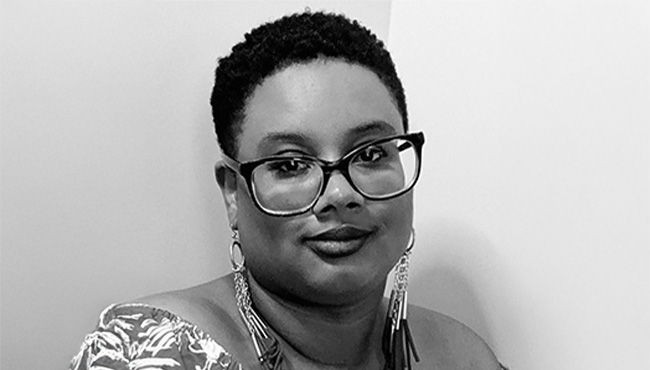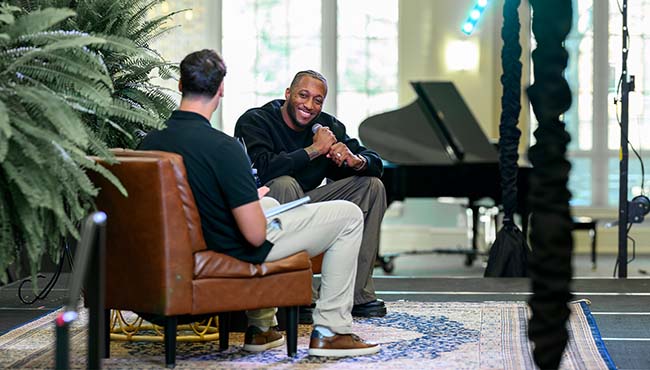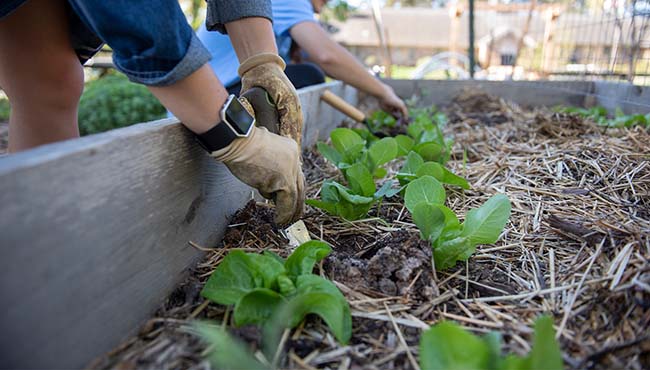Having a great resume starts with having great college experiences. When you are accepted to college, everything you get involved in starting freshman year helps you grow toward your career. Want to build a resume that expresses the valuable skills you bring to the table? This article will help you think through the important steps for writing a cohesive resume throughout your college years.
FRESHMAN YEAR
Explore Opportunities
Most students come to college with a high school resume. But when they apply for internships, they need more on their resume than “high school band” or “Spanish Club.” President Steve Briggs at Berry College tells incoming freshmen to throw out their high school resume entirely! He believes freshman year is the time for students to explore future opportunities. The Center for Personal and Professional Development (CPPD) at Berry encourages students to start by understanding where they are in their career journey before jumping to where they are headed next.
How should college students figure out where they are headed? Start by asking, “What kinds of activities most give (and drain) my energy? Which kinds of activities and environments engage me most? Which types of populations and social issues do I care most about?” Knowing more about these aspects of yourself will help you find a future path that’s a good fit for your personality and interests.
Use Available Career Resources
Many colleges like Berry offer ways for students to learn more about their personalities and interests. Berry's PathwayU and the free Myers-Briggs Personality Test are two of many tools the CPPD at Berry offers students. Additionally, through Berry’s Career Development Network, each Berry student has access to a career consultant to help them identify the best resources to explore a wide range of life and career goals. If you are looking for resume help in your freshman year, start by finding what resources are available on your college campus for exploration.
Getting to know your strengths better will also help you know what to highlight on a resume. It might also teach you about weaknesses or areas where you need more experience. Once you know where you are and where you want to go, you will know what to get involved in on or off campus. Say yes to joining clubs, applying for campus jobs, taking leadership positions, doing research, etc. These opportunities will help you discover what you do or don’t want to do in the future.
Reflect on Your Experiences
After exams wrap up, create a document listing important experiences from freshman year. This document will eventually become a resume. At this point, however, you don’t need to be concerned with the format. Just write down freshman-year experiences that taught you more about yourself and your future. Ideally, in the summer or early in your sophomore year, share this list with a career consultant, so they can help you decide where to spend your time based on your future goals.
SOPHOMORE YEAR
Build Your Skill Set
Sophomores are often closer to knowing what field or area of expertise they plan to pursue. If you are a sophomore, use this year to do less exploring and more committing to certain experiences. Seek out opportunities for more responsibility or leadership. Deepen your involvement and continue to develop your skill set.
If you didn’t find your fit freshman year, no worries! Keep trying new things. Most colleges offer professional development, academic advising and career planning to help you narrow in on your future. The summer following sophomore year is often the first internship opportunity for many students, which means it is also the first opportunity to draft a copy of your college resume. If you are pursuing a summer job or internship, use the winter break of sophomore year to revise your list of college experiences. Add to your list, and remember to write down thoughts like:
- What made this experience valuable?
- What did this experience teach you about your field or yourself?
- How do you see this experience helping you in the future?
Start Drafting Your Resume
Writers often say they must write a lot to write a little. Writing out descriptions of your experiences is a way to focus on the most important elements to include on a resume. Once you reflect on what you have accomplished through the middle of sophomore year, take a stab at your first resume draft. Create one that includes all your college experiences, known as the master resume. Then, pick a potential job or internship opportunity, and try to narrow in on the specific needs of a certain employer. What experiences have you had that meet the needs or qualifications for the type of work they’re posting? What are the experience gaps to fill in? Once you’ve drafted these copies, head to your college’s career center.
Sue Tarpley, director of the career center emeritus at Berry College, says most students are surprised to find career consultants will not ask to see their resume during the first 10–15 minutes of initial resume appointments. Instead, consultants ask informal get-to-know-you questions. Once the resume is out, they often identify parts of your story that are missing but were mentioned in informal conversation.
“Many college students' greatest resume mistake is dismissing the value of their experiences,” says Tarpley. “A student, in the same breath, will tell me about their international mission trip but complain that they’ve had no experience related to their international studies major. I’ll ask something like, ‘Wasn’t that mission trip an experience where you had to relate to a different culture and language? Tell me about that.’ Then they see the connections.
“This example highlights the value of a career consultant. The more you see a career consultant, the better they will get at understanding your goals and your context.”
Get Feedback from Mentors
Once you’ve gotten feedback on your first draft, take or email a copy to your most influential professors or mentors. Describe the types of experiences you are looking to have and use your resume draft as a tool to see how well you are expressing your future goals to others.
You may find you have some gaps to resolve in your resume. For example, if you want to be a research scientist, you’ll want preparation for research and teaching in graduate school. It pays to investigate research and teaching assistantships at the undergraduate level, if available at your college.
Bottom line: if you are not reflecting on where you are headed, then you may miss opportunities to seek out certain training that could give you important skills that align with your future goals.
JUNIOR/SENIOR YEARS
Prepare Resume Versions and Connect
Going into junior and senior years, continue to update your master resume, but also create separate iterations based on upcoming applications. Think of the master resume as the full record — and the special versions of your resume as your calling cards. The most important part of building your resume in these years is translating what you’ve accomplished in college into the same language or jargon an employer is using in their job description.
Think about the needs of an employer and reflect on times you might have had similar or transferable experiences. Consider parts of this experience that set you apart or attributes you are known for. In what ways does your team rely on you? Walk through your work hours in your head. What skills and strengths do you use every day? As you write, make sure the language sounds like “you.” A resume should reinforce what makes you valuable to the employer while helping an employer get a feel for how you work with others and if you will fit with the company’s culture.
For example, imagine describing the job experience of a college resident assistant. Many college students dismiss this role, thinking that it’s only related to housing or a live-in community. However, most resident assistants are trained in conflict resolution practices. They also have experience creating project calendars with a team or planning marketing or events. Don’t these sound like transferable skills?
Revise and Refine
Once you have targeted your resume to a certain job, it’s time to make another appointment with a career consultant. Take your master resume, your new iterations of your resume and the job descriptions. Explain the connections you’ve made with your experiences and job opportunities and get some feedback.
If this is your first-time meeting with a career consultant in your junior or senior year, it may take them longer to give high-quality feedback. But if you have been meeting with a career consultant for a while, they will have plenty of context and understanding of your experiences to give clear feedback.
“Resumes are a part of a student’s storytelling process,” Tarpley explains. “It helps them formulate their story outline — the resume. Then, when it comes to an interview, hopefully, everything an employer is going to ask about you will be on that resume. The questions won’t come as a surprise. The resume helps you tease out the best parts of your experiences and helps you prepare for an interview. Then, because of what you've presented, they can’t wait to meet you.”
In other words, your resume should be a unique combination of driving strengths, areas of expertise, passions, values, vision and purpose. Worry less about how long your resume is and worry more about cutting out random or disconnected information that doesn’t help you tell your story. No matter where you are in college, it’s never too late to get started writing your resume. Get to know your school’s career resources and get going!



